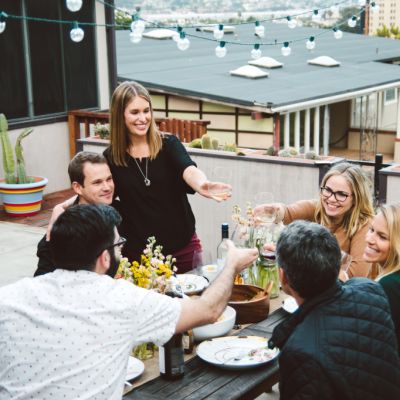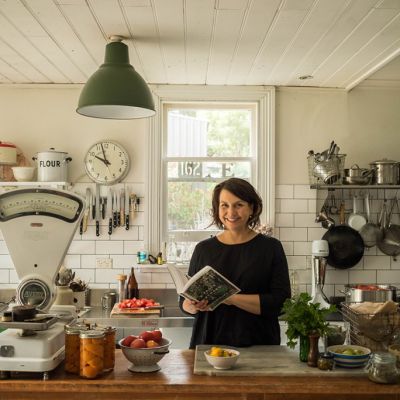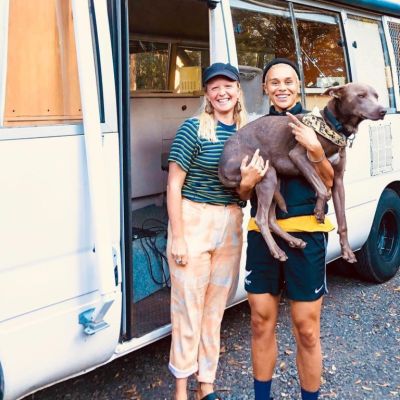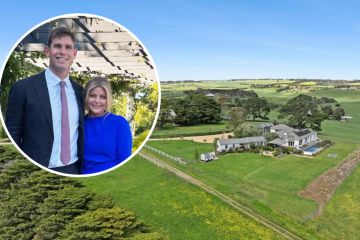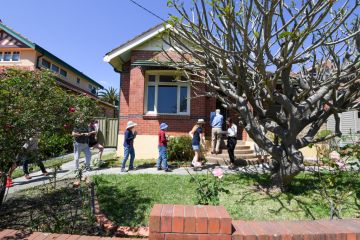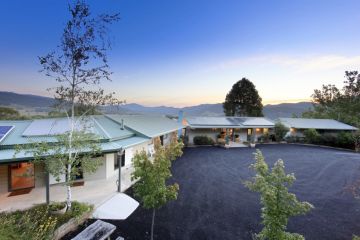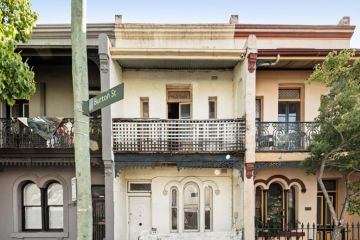How ‘try before you buy’ works for holiday-makers wanting to move
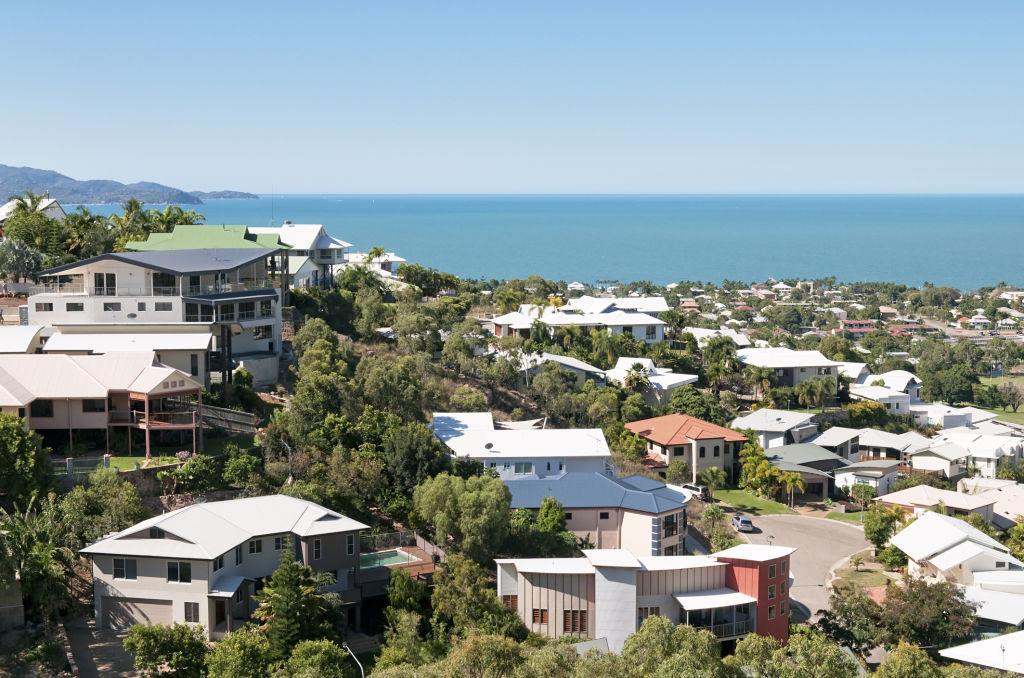
If given the chance, 50 per cent of Aussies would ideally like to live in a regional area, according to 2020 SEEK data. A sea change was favoured by almost a third of those surveyed. No surprises there.
What’s less known is that the desire to relocate feeds significantly into the tourism industry.
Thirty eight per cent of 21,500 global travellers, for instance, booked a holiday stay to test-run a destination they aspired to move to, in a 2019 survey by booking.com.
How foolproof is this method for scoping a new town? And, how many trips might you need to accurately assess the neighbourhood?
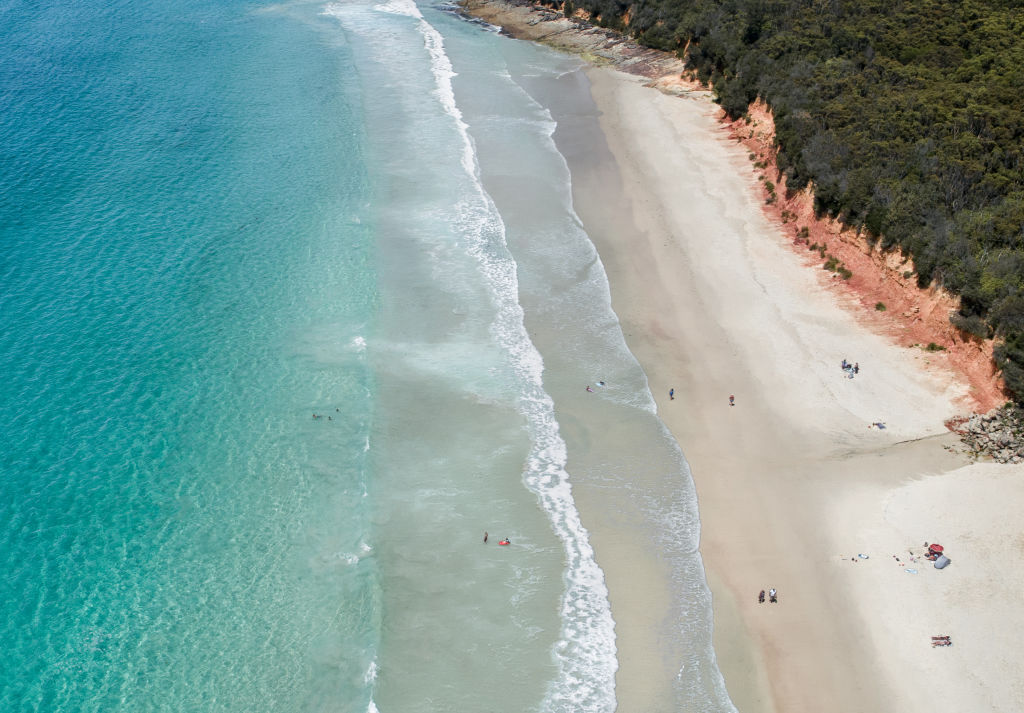
Kerrie Driver, 49, director of freelance recruitment agency, Acquired Talent Consulting, decided to move to NSW’s Jervis Bay area after four weekends away. Driver and her husband currently rent in Sydney and have started building on land they bought in Vincentia in December 2017.
To get a feel for the small seaside town, the couple stayed in Airbnb, a hotel and caravan parks. “We did some purposeful weekends down there just to sit in cafes with locals, and some driving around to see outside of our sailing [the pair enjoy boating] what else would be of interest, what we’d do for work, and were the people nice,” she says.
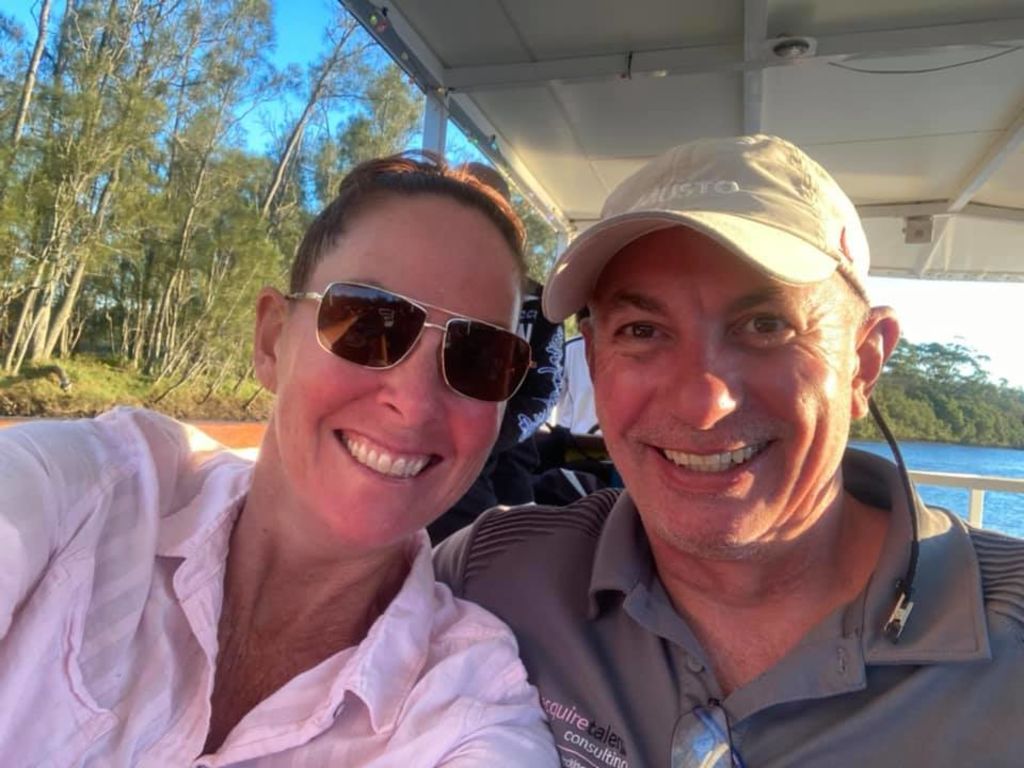
Driver found cafe staff a great source of local intel. Airbnb hosts were another source of information. “People were really happy to tell you their life story and experience of living there,” she says.
She recommends staying in different locations to gain a holistic feel of the area. Also, visit at different times of the year.
Jeff DeAth, who moved to Lemon Tree Passage near Nelson Bay in 2018 (from Orange), explains: “If you just go the same time every year, then you’re only getting a very small portion of the story. And, you need to stay during the week as well as on the weekend.”
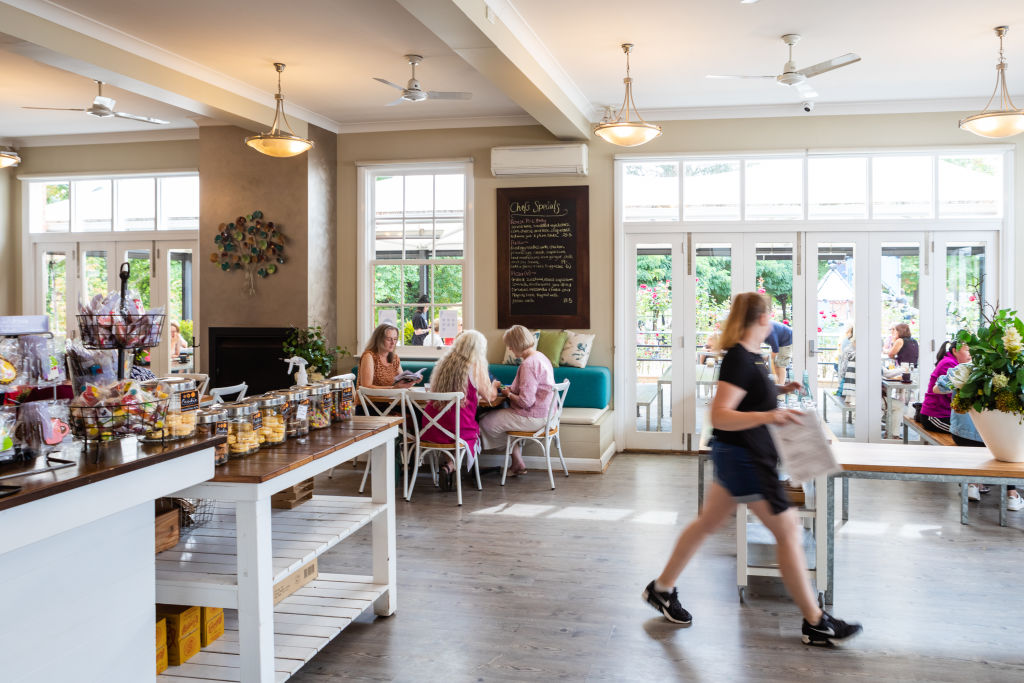
Before committing to buy, DeAth – who owns Check Weight, a mobile caravan weighing service covering the Newcastle, Hunter and Central Coast Region — and his wife visited the area several times, staying in caravan parks, apartments and treehouse accommodation. “We drove around the whole Nelson Bay, Port Stephens area a lot and considered all areas,” he says.
The visits helped them hone in on where exactly they wanted to live within the seaside region. “When you buy on the coast in a tourist area you know it will be busy,” he says. “But, Lemon Tree was not as busy as Nelson Bay. It ticked boxes: nice housing, near water, and not overly touristy.”
DeAth studied demographics and services online, but ultimately it came down to staying in the area. “To me and my wife, it’s a lot about feel. Observe people – are they happy or unhappy? Look at businesses and see how they’re doing, how’s the customer service.”
Blend in like a local for a more authentic experience, he advises. “Don’t walk around with a camera all the time. If you run into those people who don’t like tourists then you will get skewed ideas of the area.”
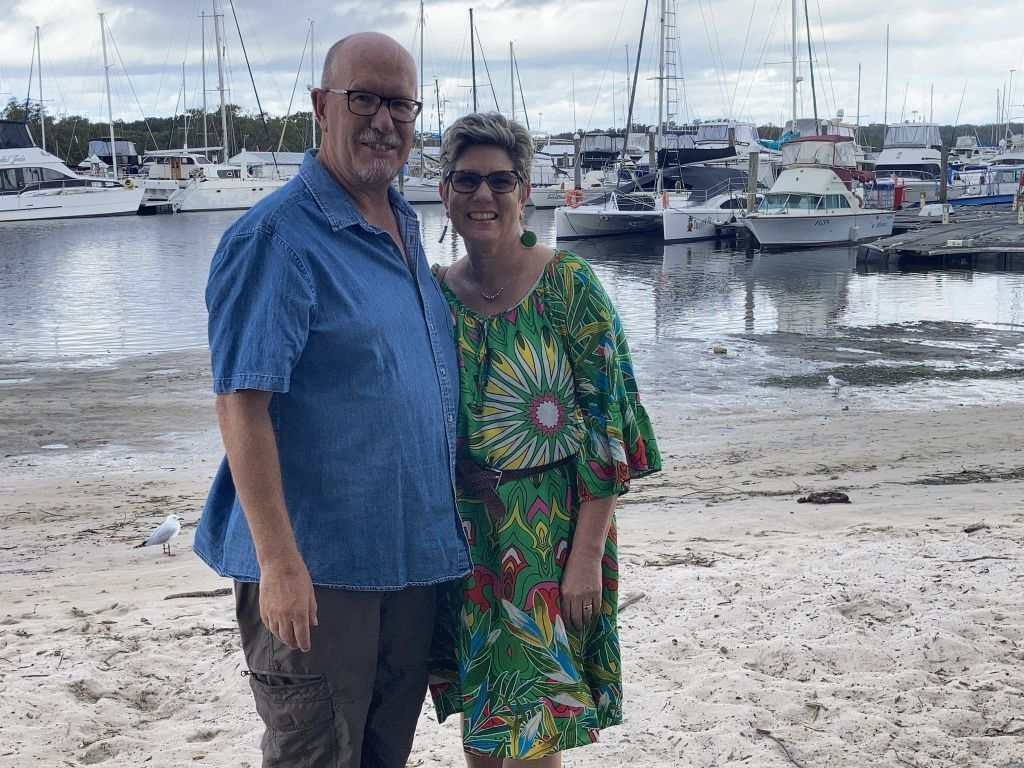
Felicity Kelly, a Melbourne city-based sustainability manager in her mid-40s, and her husband, recently began exploring the Mornington Peninsula as a place to move. “We live in a lovely area but the houses are quite small and we have a young family,” she says. “We started to work from home more often (due to COVID). In a smaller house with no backyard, it’s quite difficult to find a quiet corner to work in.”
After browsing homes for sale on the internet, they booked an Airbnb at Rosebud. Their reconnaissance of the area included attending open-for-inspections, talking to real estate agents, exploring the local villages, shops, schools, cafes and playgrounds.
Comparing the housing picks within suburbs proved particularly valuable and wasn’t something they could have easily achieved online. “It’s one thing to look at a single suburb but in every suburb there’s different housing blocks,” she says. For example, the more desirable beach side of Nepean Highway, proved much more expensive.
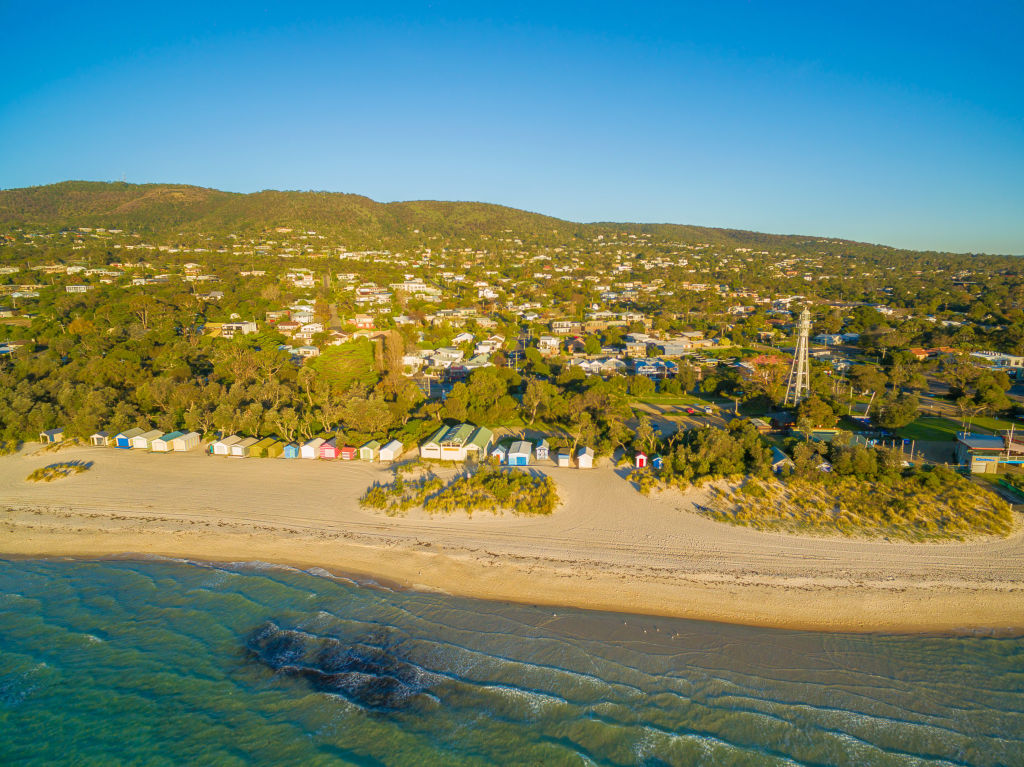
From the new location, they used Google maps to work out driving times to family and their workplaces. What initially attracted them – the idea of more space – turned out to have a flip side. Whereas, in Melbourne they could walk to the shops and school, on the Mornington Peninsula “we would be relying on the car much more often”, Kelly says. “We loved the experience and it was great fun, but, for us, at our stage in our lives, it made us appreciate what we have already in our community and our existing place.”
The take-home? Be strategic while you’re staying in the area. Whether it’s meditation classes or childcare centres, make a list of your needs and assess the town for these. Local newspapers, libraries and public noticeboards are another source of info.
What’s great for a holiday might not be practical for everyday living. Alternatively, it may be all you’ve dreamed of.
We recommend
We thought you might like
States
Capital Cities
Capital Cities - Rentals
Popular Areas
Allhomes
More
